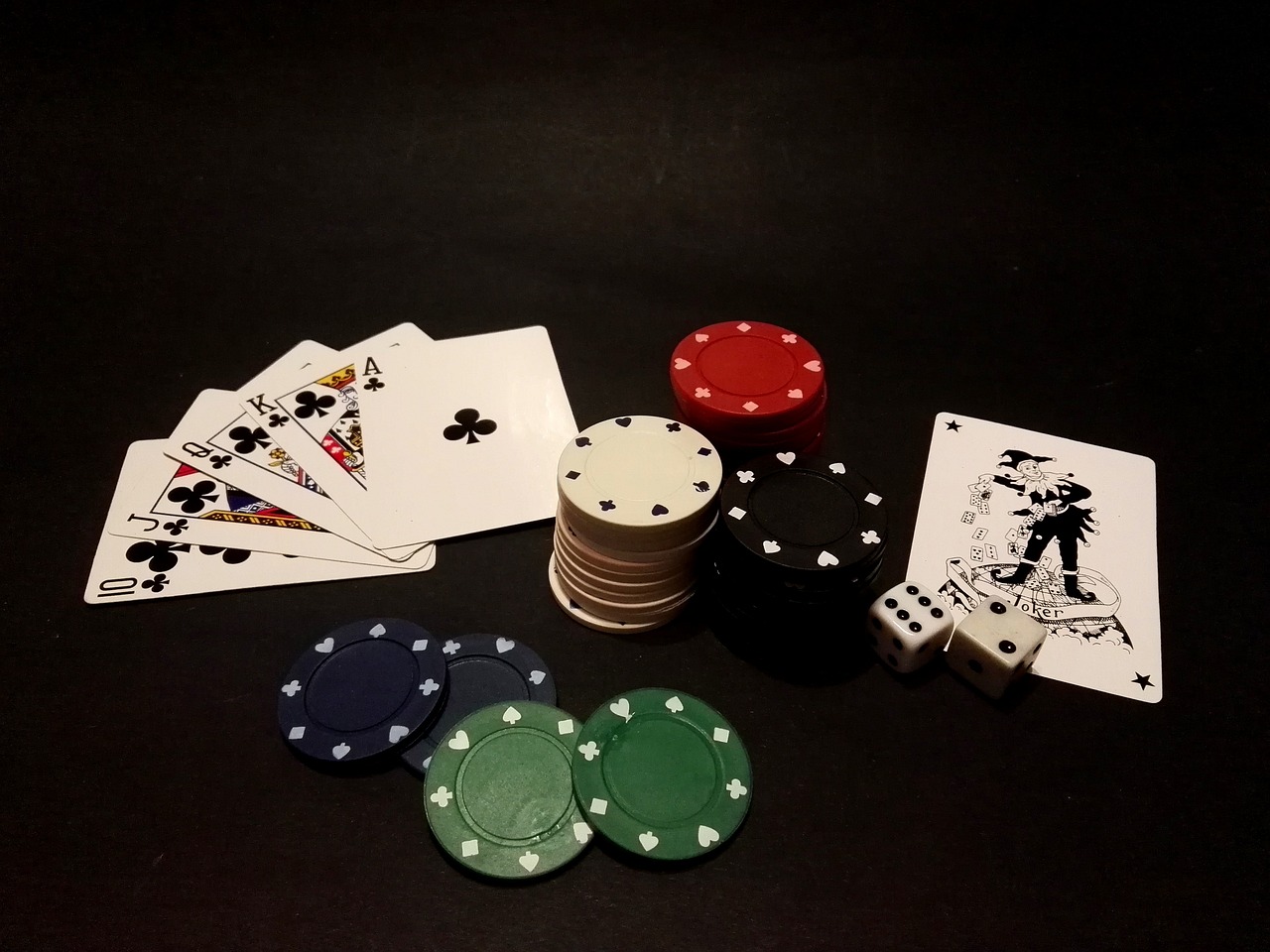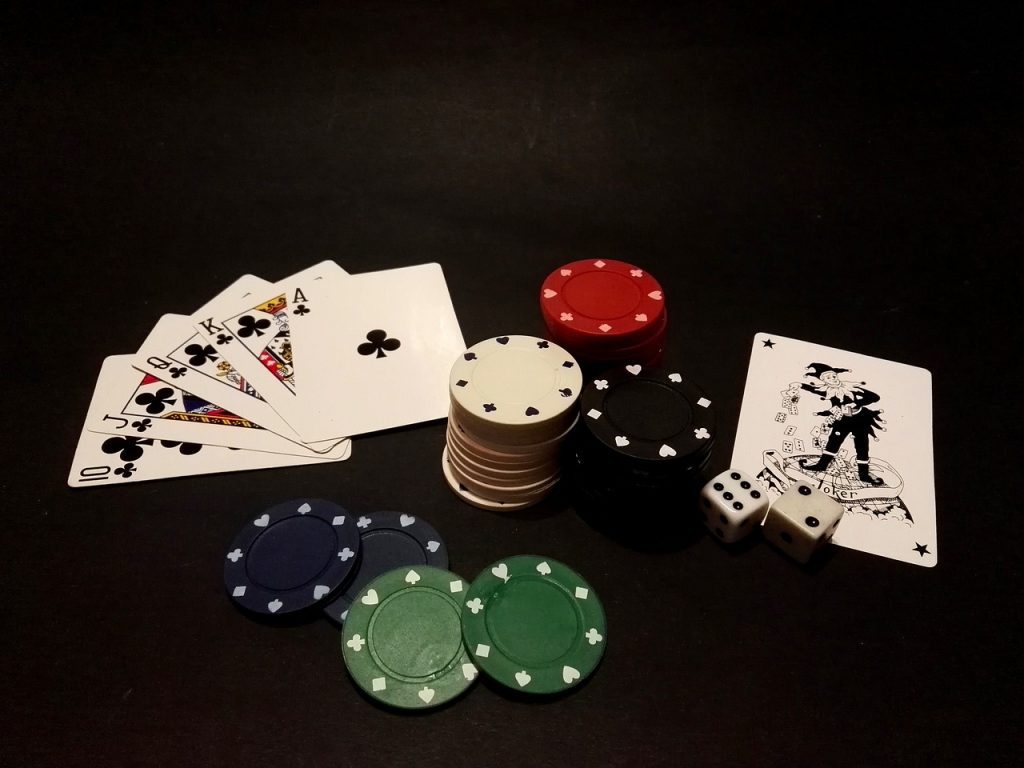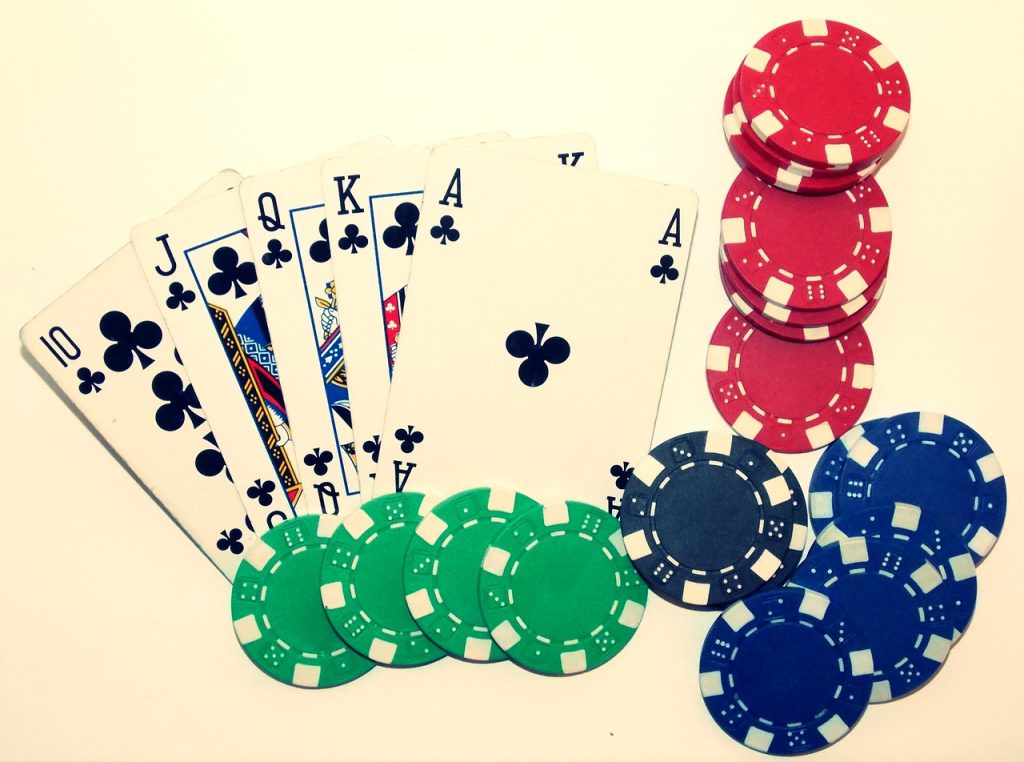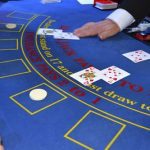
Have you ever dreamed of becoming a poker dealer? A dealer’s role is essential to any casino, and if you are passionate about the game beyond playing it, this career path might just be for you!
A skilled dealer knows various poker games, maintains the game’s pace, serves as an occasional mediator, and fosters a welcoming atmosphere at the table. Read more if you’re interested in pursuing a career at the other side of the table!

Photo by Pixabay
Defining the Role of a Poker Dealer
To ensure that everyone abides by the rules. It can be a good career choice, but before you invest time into researching it, make sure it’s the right fit for you. If you’re considering poker as a career, there are a few essential things to remember:
- You must know and understand all the poker games, not just Hold’em.
- You must develop the ability to follow the betting closely and quickly read winning hands to stay on top of the action. Having good people skills can also be an advantage in this public-facing role.
- It’s important to note that love of poker is essential, as sessions (or “downs”) can be very long.
To be a successful poker dealer, you must have the right skills. While no formal qualifications are required for the job, it’s essential to understand the lifestyle and determine if it’s a good fit for you. Look for abilities to aid your growth and success in this career.
In addition to that, you require specific abilities, including mental arithmetic to calculate bets and pots, the patience to play with wary or inexperienced players, and sociability to boost your job experience and gain more significant rewards.
It would be best to have attention to detail to analyze hands and ranking. Being a pro at poker is optional to be an excellent poker dealer, but having previous knowledge of the game could aid in learning the trade tricks.
Things to Remember Following the Career Path of a Professional Poker Dealer
Becoming a poker dealer doesn’t follow a fixed route, and the process can vary. If you talk to different dealers in a casino, you’ll discover that they took different ways to land their positions. However, someone with experience or training will likely be hired for a dealing job. Those wanting to become dealers must attend an accredited dealing school and search for a job.
The most frequently used method for becoming a dealer is to complete a 4-8 week training program, after which you can apply for a job at a physical casino. In Las Vegas, many schools teach how to become a dealer, and classes usually start at $500.
West Coast Dealing School is one of them, and they have a five-week poker program. This program includes 100 hours of training, 80 hours of practice, and 20 hours of lectures. Chris Tidmarsh is one of the instructors at the school.

Photo by Pixabay
If you have experience playing poker or organizing home games, you can learn on the job at a nearby casino. However, you must pass a dealer audition, which may involve dealing in a live game for 15-20 minutes while being assessed by the poker room manager.
In Nevada, the gaming license costs $75 and is valid for five years. However, fees might differ in other states, so it’s better to consult the gaming commission. Also, it’s usually the dealer’s responsibility to pay the license fee, not the card room or casino property.
- What about Job Prospects?
Although poker dealing may be the ultimate goal, starting with other table games in the casino first is more accessible, and transitioning to poker room dealing or management later. The job market for poker dealing can be competitive after working at the World Series of Poker and other tournaments. However, it is possible to make up to $15,000 in two months as a dealer at the WSOP.
Great casino dealers can earn up to $95,000 yearly at high-end casinos. In contrast, poker dealers usually make an average of $30 to $40 per hour, possibly earning up to $50 per hour if you find yourself in a bustling poker room. It is essential to remember that tips make up a significant portion of a dealer’s salary, and better dealers with positive attitudes tend to earn more.
It would help if you decided whether you want to be a dealer who specializes in cash games or poker tournaments. And you have to consider the availability of the job and establishment you wish to enter. If you have finished your stint at a poker dealer certification program, you can now hunt for roles requiring that certificate.

Photo by Pixabay
If not, search for roles that offer certified training. Roles with the WSOP or other tournaments are also a brilliant (and lucrative!) way to enter the business. With experience and a good reputation, you may find more networks and opportunities to deal with high rollers, pro poker players, and private poker rooms.
- What about the Working Conditions of a Poker Dealer?
Dealing cards may seem perfect for those who love poker and the casino environment. Still, potential dealers should consider their attitude, skills for customer service, and physical fitness before signing up for training.
The job can be challenging, requiring dealers to work long hours in a dimly lit room, deal with drunk or rude customers, and count numbers constantly. However, with practice, it can become more accessible. For those who love the game, numerous training options are available to get started in this career.
A Final Word
All in all, professional poker dealers are a vital component of any successful poker game. They must have an extensive mastery of the intricacies and nuances of the game, extraordinary math skills, and excellent customer service. Those qualities enable them to provide quality and professionalism in any superb poker game. Being able to handle pressure, manage interactions with players, think proactively, and quickly make decisions in varying situations are also must-have qualities for professional poker dealing.
Even though it’s not easy learning how to be a professional poker dealer, and success will only happen after a while, it is truly worth the effort to become one! Not only can you make extra money while honing your skills, but you will also enjoy fun experiences with other players at the table. Becoming a professional poker dealer can be an enriching and enjoyable experience!
 Skip to content
Skip to content





